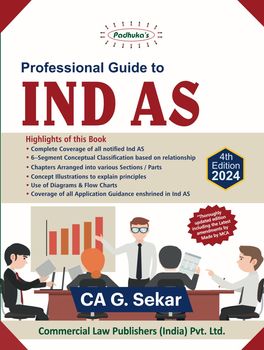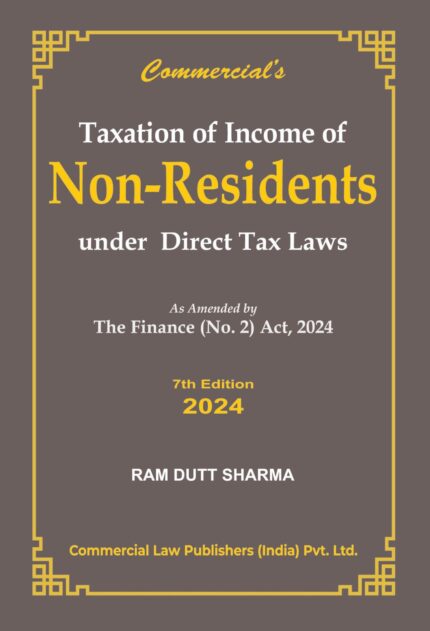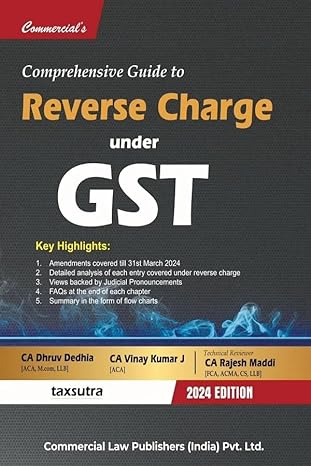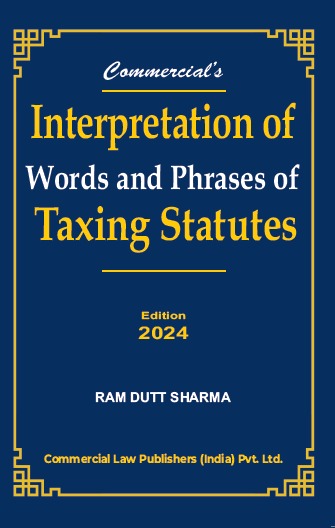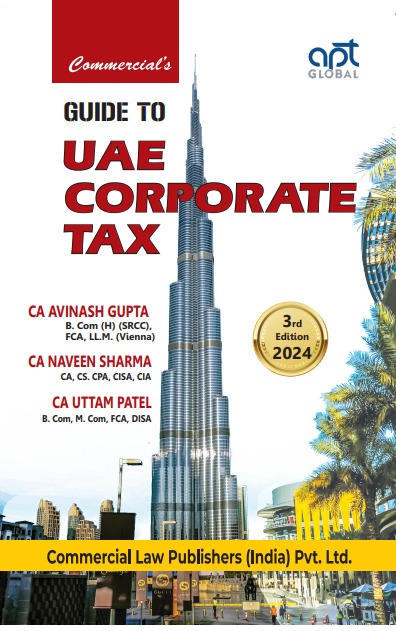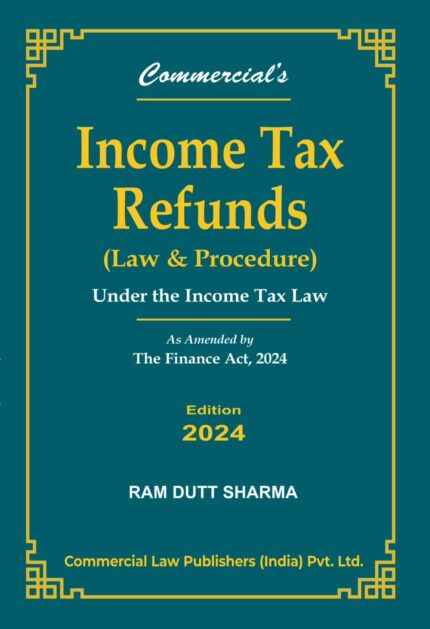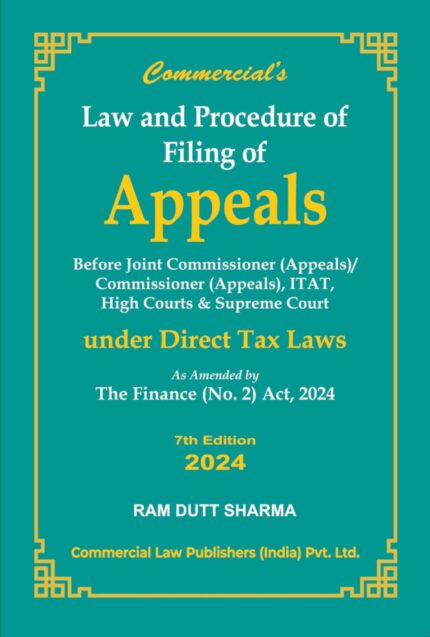Browse Categories
- CA FINAL GROUP 1
SUMMER STYLE
-
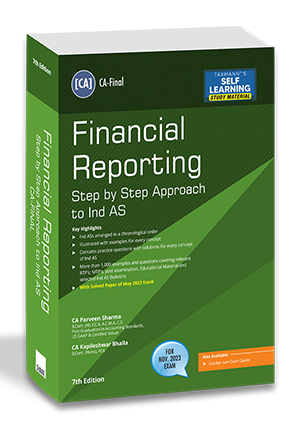 Financial Reporting (FR) – Step by Step Approach to Ind AS | Study Material
₹429.00
Financial Reporting (FR) – Step by Step Approach to Ind AS | Study Material
₹429.00
-
 CA Final - FR Regular - CA Sarthak Jain
₹8,910.00 – ₹9,910.00
CA Final - FR Regular - CA Sarthak Jain
₹8,910.00 – ₹9,910.00
-
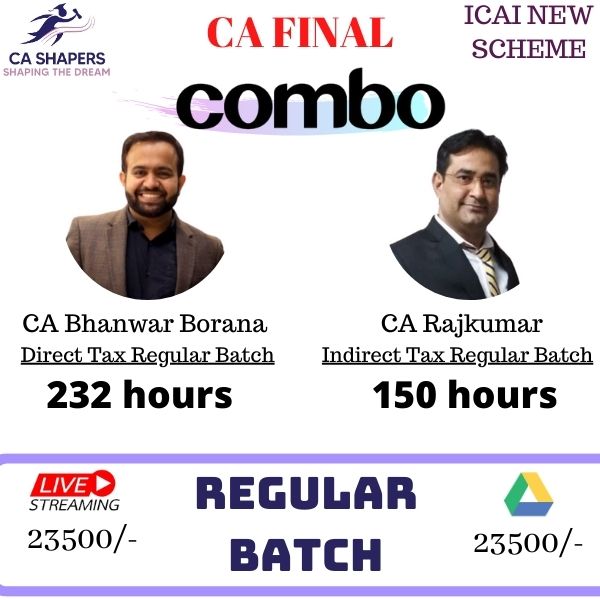 CA/CMA Final Direct & Indirect Tax (Regular batch) For May & Nov 25 CA Bhanwar Borana And CA Rajkumar
₹23,500.00
CA/CMA Final Direct & Indirect Tax (Regular batch) For May & Nov 25 CA Bhanwar Borana And CA Rajkumar
₹23,500.00
-
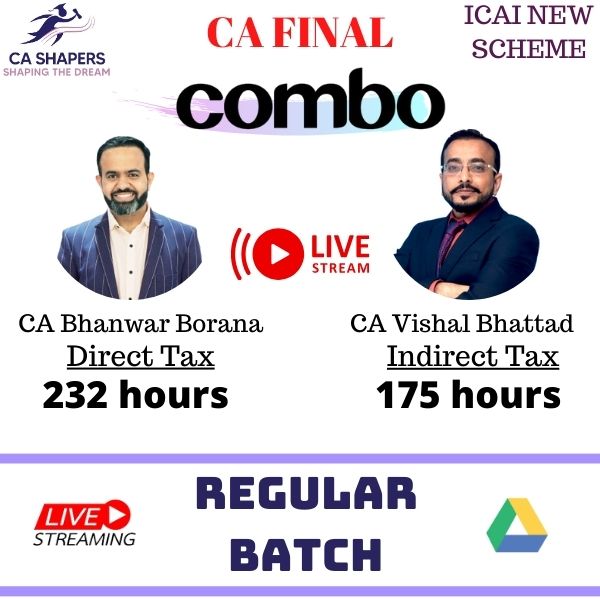 CA Final Direct Tax & Indirect Tax (Regular Batch) for May & Nov 2025 CA Bhanwar Borana CA Vishal Bhattad
CA Final Direct Tax & Indirect Tax (Regular Batch) for May & Nov 2025 CA Bhanwar Borana CA Vishal Bhattad
₹25,500.00Original price was: ₹25,500.00.₹23,999.00Current price is: ₹23,999.00.
-
- CA FINAL GROUP 2
You must select your brand attribute in Theme Settings -> Shop -> Brands
- CA INTER GROUP 1
- CA INTER GROUP 2



- CA FOUNDATION
You must select your brand attribute in Theme Settings -> Shop -> Brands
- BOOK STORE
- Tally Software Service
- Tally Prime
- Home
- About us
- FACULTIES
- CA Bhanwar Borana
- CA Vishal Bhattad
- CA Sankalp Kanstiya
- CA Aakash Kandoi
- CA Shubham Keswani
- CA Shubham Singhal
- CA Sarthak Jain
- CA Parveen Jindal
- CA Neeraj Arora
- CA Rahul Garg
- CA Swapnil Patni
- CA Pavan Karmele
- CFA SANJAY SARAF
- CA Aaditya Jain
- CA Jai Chawla
- CA Ravi Taori
- CA Parveen Sharma
- CA Rajkumar
- CA KARAN KUMAR
- CA SHUBHAM GUPTA
- CA Yashvant Mangal
- CA Kapil Goyal
- CA Amit Popli
- CA Harshad Jaju
- CA Pankaj Garg
- CA Pratik Jagati
- CA Namit Arora
- CA Praveen Khatod
- CA Sumit Parashar
- CA ASHISH KALRA
- CA Harsh Gupta
- CA Ankita Patni
- CA Darshan Khare
- CA Purushhotam Agarwal
- CA Pavan Gahukar
- CA Amol Jain
- CA VINOD REDDY
- CMA Abhijit Sen
- CA Tharun Raj
- CA SANIDHYA SARAF
- CA RIDDHI BAGHMAR
- CA Pooja Kamdar
- CA MANOJ BATRA
- CA Mayank Kothari
- CA NAGENDRA SAH
- CA Raj K Agrawal
- CA SANJAY AGGARWAL
- CA Shivam Palan
- Video lectures
- Books
- Test Series
- Contact us
Shop
- All products
- BHARAT TAX LAWS0 products
- CA377 products
- CA FOUNDATON COMBO6 products
- CA INTER GROUP 1 COMBO10 products
- CA INTER GROUP 2 COMBO7 products
- CMA11 products
- CMA Final2 products
- CMA Foundation0 products
- CMA Inter7 products
- Business Laws and Ethics (BLE)0 products
- Corporate Accounting and Auditing (CAA)1 product
- Cost Accounting (CA)1 product
- Direct and Indirect Taxation (DITX)1 product
- Financial Accounting (FA)1 product
- Financial Management and Business Data Analytics (FMDA)0 products
- Management Accounting (MA)0 products
- Operations Management and Strategic Management (OMSM)0 products
- FUNDAMENTALS OF BUSINESS ECONOMICS AND MANAGEMENT (FBEM)0 products
- FUNDAMENTALS OF BUSINESS LAWS AND BUSINESS COMMUNICATION (FBLC)0 products
- FUNDAMENTALS OF BUSINESS MATHEMATICS AND STATISTICS (FBMS)0 products
- FUNDAMENTALS OF FINANCIAL AND COST ACCOUNTING (FFCA)0 products
- COMBO25 products
- Commercial Law Publishers (India) Pvt. Ltd.25 products
- CS11 products
- facilities0 products
- faculities0 products
- SELF PACED ONLINE MODULE (SPOM)0 products
- TAXMANN3 products
- Accounts and Audit0 products
- Banking and Insurance0 products
- Corporate Laws0 products
- Criminal Laws0 products
- Direct Tax Laws0 products
- GST0 products
- Indirect Tax Laws0 products
- Insolvency and Bankruptcy Code (IBC)0 products
- International Taxation0 products
- Labour and Industrial Laws0 products
- Other Laws0 products
- Transfer Pricing0 products
- TAXSUTRA RESERVOIR0 products
- Banking and Finance0 products
- Corporate Laws0 products
- Direct Taxes0 products
- FEMA and Forex0 products
- Financial Services0 products
- Goods and Services Tax (GST)0 products
- Indirect Taxes0 products
- Insolvency and Bankruptcy0 products
- International Taxation0 products
- Labour Laws0 products
- Transfer Pricing0 products
- Test Series4 products
- FACULTIES466 products
- Abhishek Bansal0 products
- Brindavan Giri2 products
- CA Amit Mahajan11 products
- CA Amol Jain5 products
- CA Brindavan Giri2 products
- CA Chinmaya Hegde5 products
- CA Chiranjeev Jain10 products
- CA Deepika Rathi0 products
- CA HARDIK MANCHANDA5 products
- CA Harsh Gupta0 products
- CA Indresh Gandhi2 products
- CA KANWARPREET SINGH JASSAL1 product
- CA KARAN KUMAR3 products
- CA Maulin Kadikar2 products
- CA Mayur Agarwal6 products
- CA Mohnish Vora4 products
- CA Neeraj Arora13 products
- CA Niket Thacker5 products
- CA NITIN GURU12 products
- CA Pankaj Dhingra0 products
- CA PARAG GUPTA2 products
- CA Pavan Gahukar3 products
- CA Pranav Popat6 products
- CA Pratik Jagati7 products
- CA Purushhotam Agarwal1 product
- CA RISHABH JAIN8 products
- CA SHUBHAM GUPTA0 products
- CA Siddhesh Valimbe3 products
- CA Suraj Lakhotia1 product
- CA Tejas Suchak4 products
- CA Tharun Raj1 product
- CMA Abhijit Sen3 products
- CMA Chander Dureja5 products
- CS ARJUN CHHABRA18 products
- CS Tushar pahade4 products
- Dr. Yogesh Patil1 product
- Prof. Akash Agrawal8 products
- Prof. Aman Khedia5 products
- Prof. Dipesh Majithia1 product
- Prof. Sanjay Appan4 products
- Prof. Shyam Soni2 products
- CA Aaditya Jain8 products
- CA Aarti Lahoti3 products
- CA Abhishek Bansal0 products
- CA Abhishek Zaware6 products
- CA Akshansh Garg9 products
- CA Amit Bachhawat0 products
- CA Amit Popli2 products
- CA Amit Tated6 products
- CA Anand Bhangariya11 products
- CA Ankita Bora1 product
- CA Ankita Patni11 products
- CA Anuj Jalota0 products
- CA Archana Khetan1 product
- CA Arpita Tulsian4 products
- CA ARPITA TULSYAN1 product
- CA ASHISH KALRA3 products
- CA Atul Aggarwal0 products
- CA Bhanwar Borana47 products
- CA CS Shubham Sukhlecha8 products
- CA Darshan Chandaliya2 products
- CA Darshan Khare6 products
- CA Dippak Gupta0 products
- CA Gaurav Jainn3 products
- CA Harsh Kachaliya0 products
- CA Harshad Jaju12 products
- CA Jai Chawla11 products
- CA Kapil Goyal11 products
- CA MANOJ BATRA0 products
- CA Mayank Kothari0 products
- CA NAGENDRA SAH1 product
- CA Namit Arora9 products
- CA Pankaj Garg6 products
- CA Parveen Jindal12 products
- CA Parveen Sharma6 products
- CA Pavan Karmele7 products
- CA Pooja Kamdar4 products
- CA Praveen Khatod2 products
- CA Rahul Garg10 products
- CA Raj K Agrawal0 products
- CA Rajkumar6 products
- CA Ravi Taori9 products
- CA RIDDHI BAGHMAR4 products
- CA SANIDHYA SARAF6 products
- CA SANJAY AGGARWAL0 products
- CA Sankalp Kanstiya32 products
- CA Sarthak Jain8 products
- CA Shivam Palan1 product
- CA Shubham Keswani27 products
- CA Shubham Singhal6 products
- CA Sumit Parashar0 products
- CA Swapnil Patni9 products
- CA VINOD REDDY6 products
- CA Vishal Bhattad17 products
- CA Yashvant Mangal5 products
- CFA SANJAY SARAF4 products
- CS Somya Kataria11 products
- Prof Saleem Quraishee3 products
- Prof. Raj Awate4 products
- V'Smart Academy25 products
- CA Aakash Kandoi28 products

Showing 457–468 of 523 results
CMA Inter Indirect Taxation (Group II) Full Course Videos by Prof. Saleem Quraishee
₹4,500.00 – ₹5,000.00
CMA Inter Law And Ethics (Group I) Full Course Videos by CA Mayur Agarwal
₹4,500.00 – ₹5,000.00
CMA Inter Law And Ethics By CA Mohit Aggarwal
₹6,250.00 – ₹9,750.00
CMA Intermediate Laws & Ethics Full Course Video Lectures By Shivangi Agrawal
₹6,000.00 – ₹7,000.00
Commercial Law – Professional Guide to IND AS – by G. Sekar
Commercial Law – Taxation of Income of Non Residents Indian Under Direct Tax Laws As amended by The Finance (No. 2) Act, 2024
Commercial law Publishers’ Loophole Games — A Treatise On Tax Avoidance Strategies
Commercial law Publishers’ Comprehensive Guide To Reverse Charge Under GST
Commercial law Publishers’ Interpretation of Words and Phrases of Taxing Statutes
Commercial law Publishers’GUIDE TO UAE CORPORATE TAX
Commercial law Publishers’Income Tax Refunds (Law & Procedure) Under the Income Tax Law As amended by the Finance Act, 2024
Commercial law Publishers’Law and Procedure of Filing of APPEALS As Amended by The Finance (No.2) Act, 2024
You must select your brand attribute in Theme Settings -> Shop -> Brands













